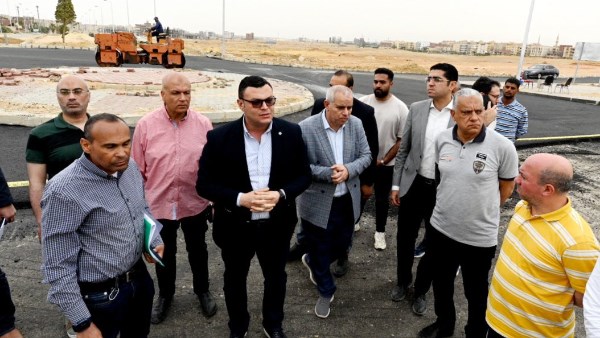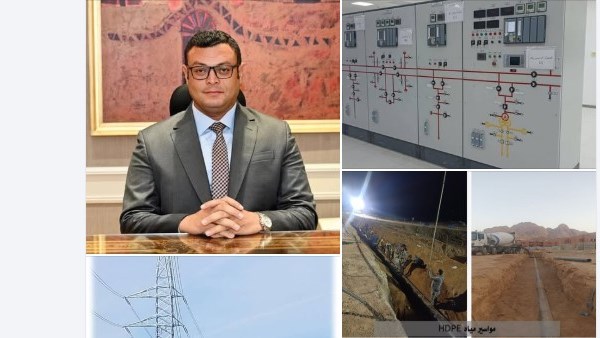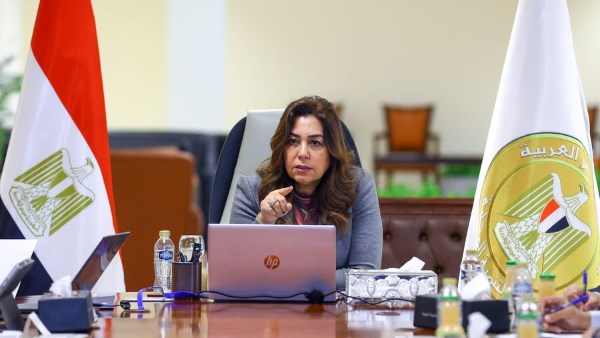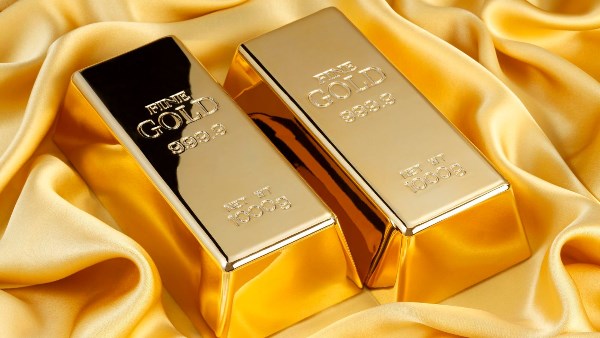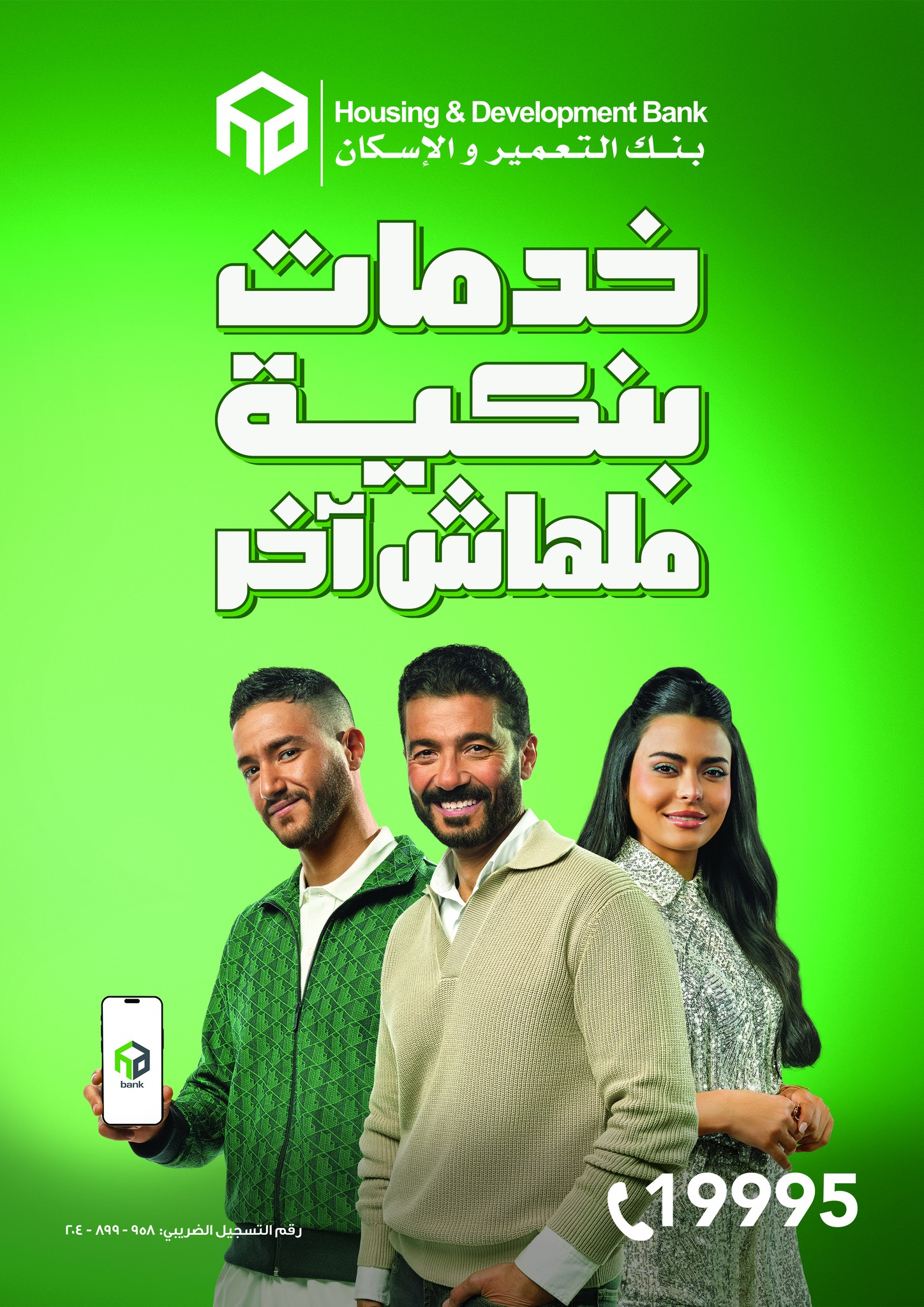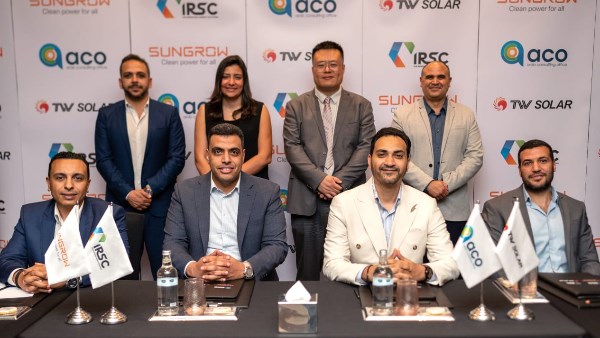
The talks in Italy over Easter weekend again will hinge on U.S. billionaire Steve Witkoff
Iran and the United States held a second round of negotiations Saturday over Tehran's rapidly advancing nuclear program in Rome, U.S. and Iranian officials said

The U.S. official spoke on condition of anonymity to discuss the closed-door negotiations at the Omani Embassy in Rome's Camilluccia neighborhood. Iranian state media also reported the talks starting just before noon Saturday as journalists watched outside.
The talks in Italy over Easter weekend again will hinge on U.S. billionaire Steve Witkoff, the U.S. Mideast envoy of President Donald Trump, and Iranian Foreign Minister Abbas Araghchi. Whether the two men find common ground in the high-stakes negotiations could mean success or failure in the talks.
The negotiations will again be mediated by Omani Foreign Minister Badr al-Busaidi.
That talks are even happening represents a historic moment, given the decades of enmity between the two countries since the 1979 Islamic Revolution and the U.S. Embassy hostage crisis. Trump, in his first term, unilaterally withdrew from Iran's nuclear deal with world powers in 2018, setting off years of attacks and negotiations that failed to restore the accord that drastically limited Tehran's enrichment of uranium in exchange for the lifting of economic sanctions.
Talks come as tensions rise in the Mideast
At risk is a possible American or Israeli military strike on Iran's nuclear sites, or the Iranians following through on their threats to pursue an atomic weapon. Meanwhile, tensions in the Middle East have spiked over the Israel-Hamas war in the Gaza Strip and after U.S. airstrikes targeting Yemen's Iranian-backed Houthi rebels killed more than 70 people and wounded dozens more.
"I'm for stopping Iran, very simply, from having a nuclear weapon," Trump said Friday. "I want Iran to be great and prosperous and terrific."
Iranian Foreign Ministry spokesman Esmail Baghaei told Iranian state TV the talks were "indirect" with the delegations in "different halls" at the embassy. He earlier wrote Saturday on X that Iran "always demonstrated, with good faith and a sense of responsibility, its commitment to diplomacy as a civilized way to resolve issues."
"We are aware that it is not a smooth path, but we take every step with open eyes, relying also on the past experiences," Baghaei added.
Araghchi met Saturday morning with Italian Foreign Minister Antonio Tajani ahead of the talks with Witkoff.
Rafael Mariano Grossi, the head of the International Atomic Energy Agency, the United Nations' nuclear watchdog, also met Tajani on Saturday. Grossi's agency would likely be key in verifying compliance by Iran should a deal be reached, as it did with the 2015 accord Iran reached with world powers.
Tajani said Italy was ready "to facilitate the continuation of the talks even for sessions at the technical level."
A diplomat deal "is built patiently, day after day, with dialogue and mutual respect," he said in a statement.









-32025522145948.jpg)
-320255125357264.jpg)



